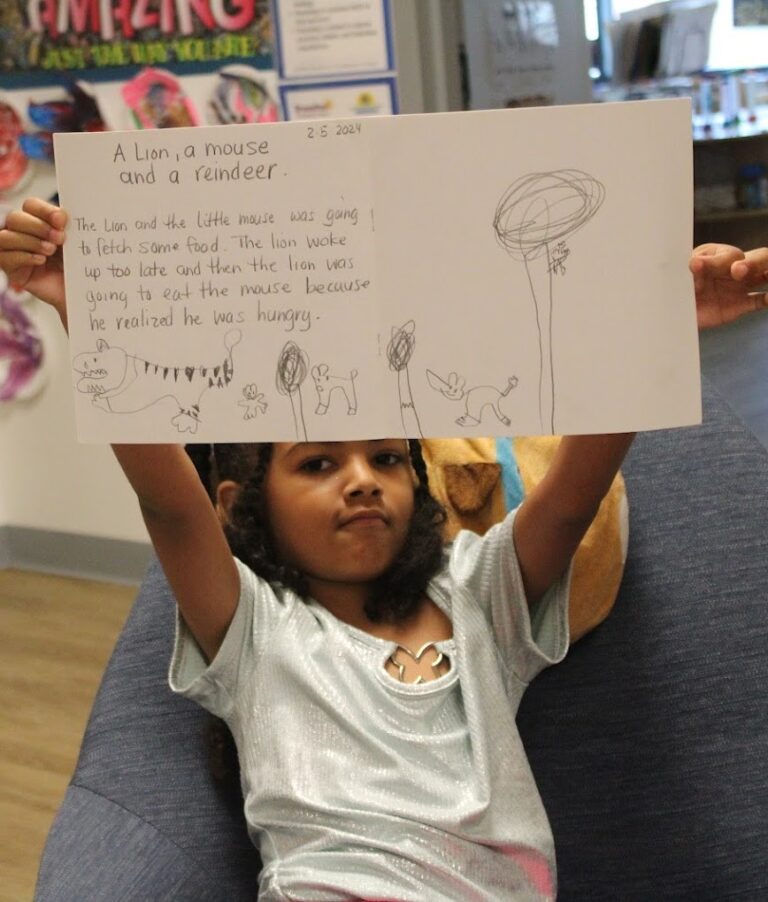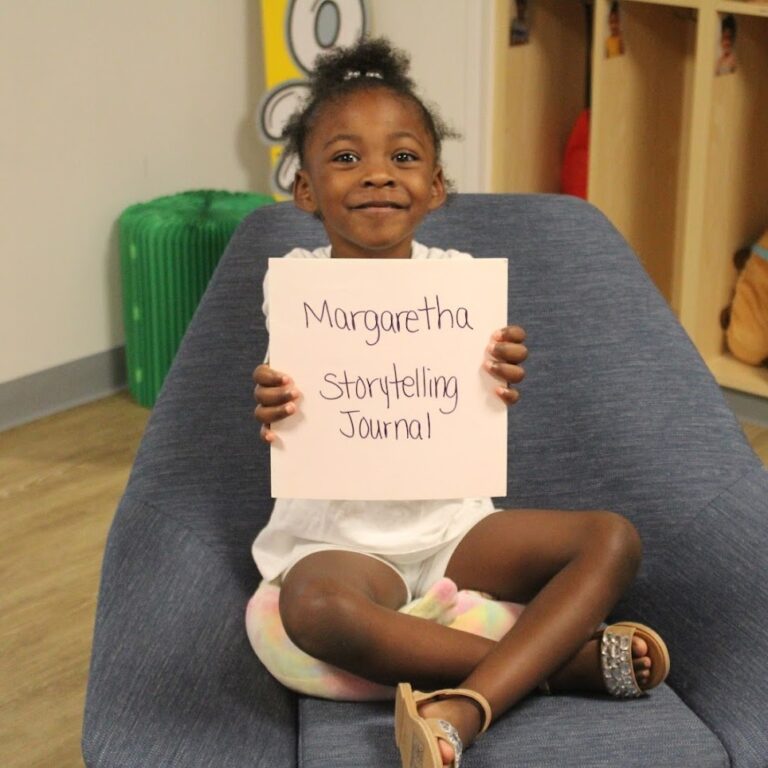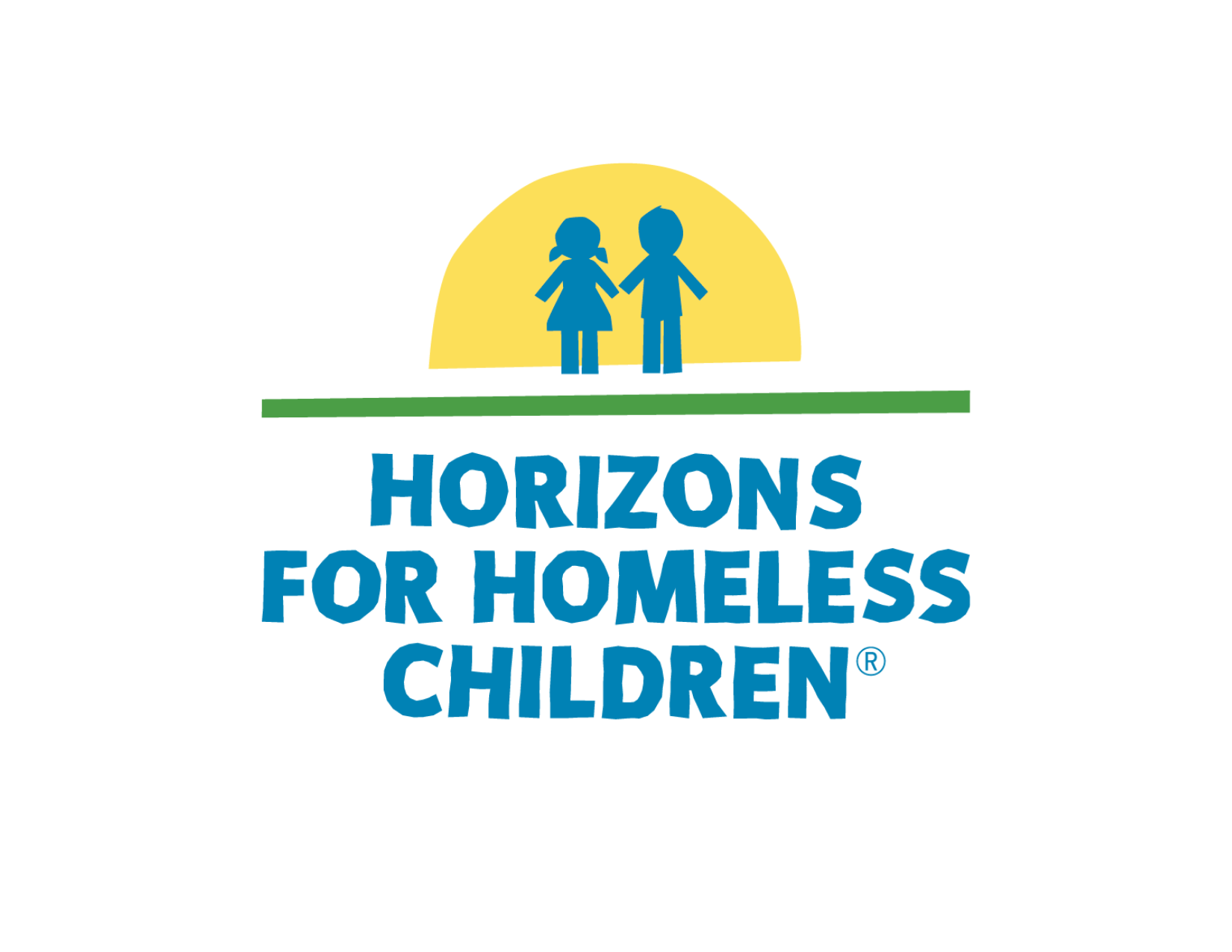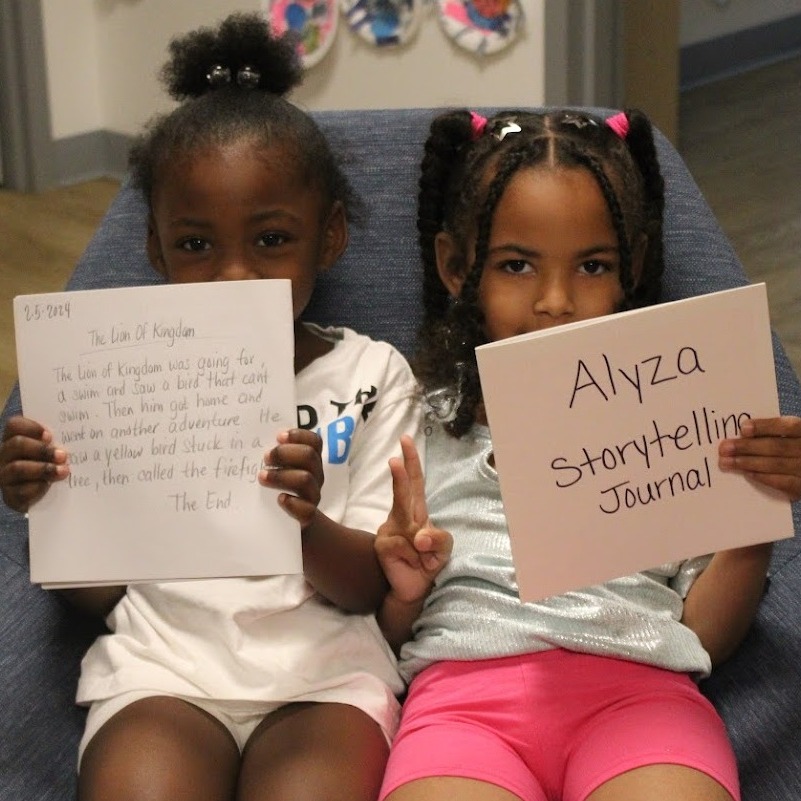Nurturing Young Minds: The Impact of Literacy and Storytelling
At Horizons for Homeless Children, the power of literacy is more than an academic focus—it’s a crucial tool for personal and emotional growth. How is literacy taught in a child’s earliest years? By encouraging storytelling and dramatic play, Horizons helps young learners build essential language skills, gain confidence, and navigate their feelings. This environment not only supports their development but also offers them a creative way to express themselves and create lasting memories. This approach not only enhances their language skills but also provides a creative outlet and a meaningful way to document their experiences.
Creating Stories and Building Skills
In our preschool classrooms, children are encouraged to craft narratives based on their learning experiences. This process involves not only verbal storytelling but also dramatizing their stories through play. By acting out their narratives, children get to share their creations with their peers, an exercise that offers educators invaluable insights into their progress.
For instance, take Alyza and Margaretha, two students who recently published a journal of their stories. With the guidance of their teachers, these young learners not only developed their storytelling skills but also produced a tangible keepsake of their creativity, complete with hand-drawn illustrations. This journal stands as a testament to their growth in language skills and the power of early literacy education.

Why Literacy Matters
For children experiencing homelessness, literacy is more than just reading and writing—it’s a creative way to express themselves and the world around them. Here’s why this focus on early literacy is so critical:
- Building Confidence and Communication Skills: Storytelling and dramatization help children build their language and sentence structure while enhancing their social skills. As they narrate their stories and engage in role-playing, they gain confidence in their ability to express themselves and communicate with others.
- Creating Stability and Routine: Regular literacy activities provide a sense of routine and stability. For unhoused children whose lives are impacted by uncertainty, engaging in predictable and constructive activities like storytelling can offer comfort and a sense of normalcy.
- Fostering Emotional Expression: Through storytelling, children can explore and express their emotions in a safe and structured environment. This is especially important for children dealing with the emotional stress of homelessness, as it gives them a creative outlet to process their feelings, whether negative or positive
- Encouraging Creativity and Imagination: Dramatic play and narrative-building stimulate imagination and creativity. These skills are crucial for cognitive development and can be particularly empowering for children who may feel limited by their current circumstances.
- Supporting Academic Achievement: Early literacy skills are foundational for future academic success. By focusing on language development and narrative skills, we’re laying the groundwork for future learning and educational achievements.

The Role of Educators and Community
Educators are instrumental in creating an environment where children feel supported and encouraged. Their dedication ensures that each child receives personalized attention and opportunities to grow through literacy and play.
In addition, programs like Horizons are vital in providing these children with the resources and support they need to thrive. By integrating literacy into the curriculum in engaging and meaningful ways, Horizons not only promotes educational development but also creates lasting memories and cherished keepsakes for these young learners.
The journey of fostering literacy among children experiencing homelessness is both challenging and rewarding. “By nurturing their storytelling abilities and providing a supportive environment, we’re not just teaching them to read and write; we’re helping them build confidence, express themselves, and dream of a brighter future,” shared their teacher. Early educators at Horizons are making a profound difference in the lives of children, one story at a time.




